
How to get URL link on X (Twitter) App

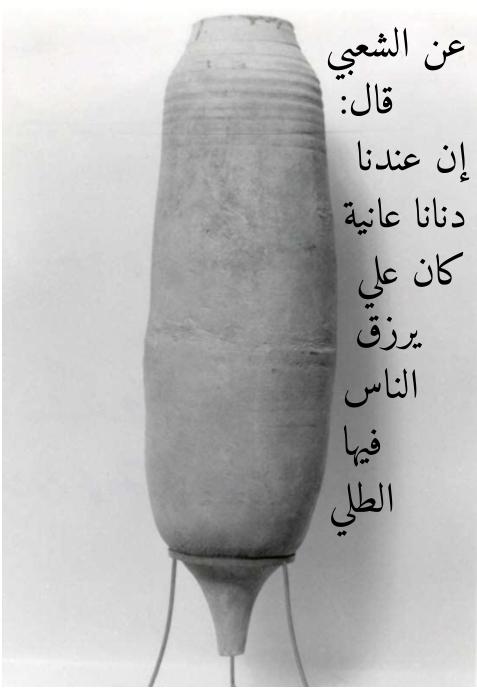
 1st some background:
1st some background: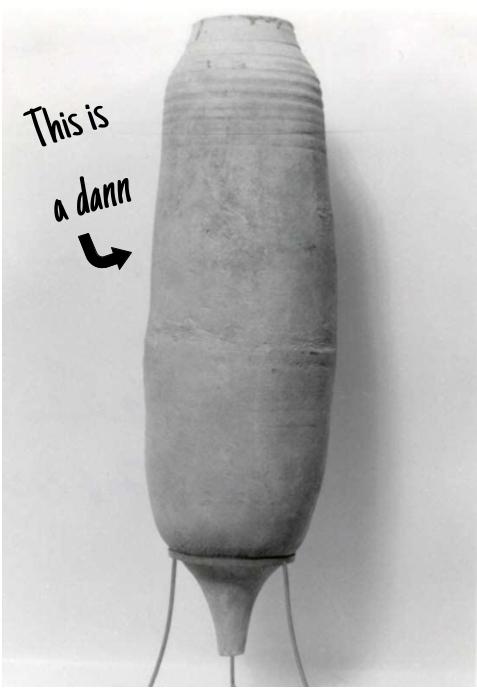

 [2/7] When we compare Isra'il’s variant of al-Shahham’s hadith with other variants of this hadith, Isra'il's variant stands out in offering more details that serve as mitigating circumstances...
[2/7] When we compare Isra'il’s variant of al-Shahham’s hadith with other variants of this hadith, Isra'il's variant stands out in offering more details that serve as mitigating circumstances... 




 @KaraSeyfeddin suggests a creative solution: ‘A’isha’s sister Umm Kulthum was married to ‘Umar so Umm Kulthum was Fatima’s stepmother & ‘A’isha was Fatima’s step-aunt. This would allegedly make ‘A’isha “umarriageable” for ‘Asim.
@KaraSeyfeddin suggests a creative solution: ‘A’isha’s sister Umm Kulthum was married to ‘Umar so Umm Kulthum was Fatima’s stepmother & ‘A’isha was Fatima’s step-aunt. This would allegedly make ‘A’isha “umarriageable” for ‘Asim.




 In my experience, many hadiths were composed by splicing together two different hadiths to form a new one. Parts of the Qur'an were conceivably composed similarly.
In my experience, many hadiths were composed by splicing together two different hadiths to form a new one. Parts of the Qur'an were conceivably composed similarly.https://x.com/hadithworks/status/1711320733161234514

 [2/3] This tradition may be traced back to the common link, the Kufan ‘Asim b. Abi l-Najud (d. ca. 127/744) who may have heard it from the Kufan al-Musayyab b. Rafi’ (d. 105/723).
[2/3] This tradition may be traced back to the common link, the Kufan ‘Asim b. Abi l-Najud (d. ca. 127/744) who may have heard it from the Kufan al-Musayyab b. Rafi’ (d. 105/723). 

https://x.com/RandomHuma11601/status/1837202166211117533
 @RandomHuma11601 Originally al-Zuhri probably didn't attribute this tradition to the Prophet [2/x]
@RandomHuma11601 Originally al-Zuhri probably didn't attribute this tradition to the Prophet [2/x]

 An exegete al-Nawawī (d. 676/1277) listed 4 competing views: these women were...
An exegete al-Nawawī (d. 676/1277) listed 4 competing views: these women were...

 1st, it’s a generic claim. Hadith transmitters tended to be old (as old age offers a shorter path to the Prophet). Old people commonly experience memory loss, so it’s not really saying much that so-&-so had memory issues (would be a surprise if he didn't)[2/8]
1st, it’s a generic claim. Hadith transmitters tended to be old (as old age offers a shorter path to the Prophet). Old people commonly experience memory loss, so it’s not really saying much that so-&-so had memory issues (would be a surprise if he didn't)[2/8]


 In an early Basran report, Khālid al-Rabaʿī notes that this saying is found in “the Psalms of David” (though he wrongly asserts that it is in the book's "opening") [2/5]
In an early Basran report, Khālid al-Rabaʿī notes that this saying is found in “the Psalms of David” (though he wrongly asserts that it is in the book's "opening") [2/5] 


 [2/6] The 1st āya describes God as "one," strangely using the word “aḥad.” But usually the Qur’an refers to God as "one" using “wāḥid.” Wāḥid’s rhyme is -id, but aḥad’s rhyme is -ad.
[2/6] The 1st āya describes God as "one," strangely using the word “aḥad.” But usually the Qur’an refers to God as "one" using “wāḥid.” Wāḥid’s rhyme is -id, but aḥad’s rhyme is -ad. 


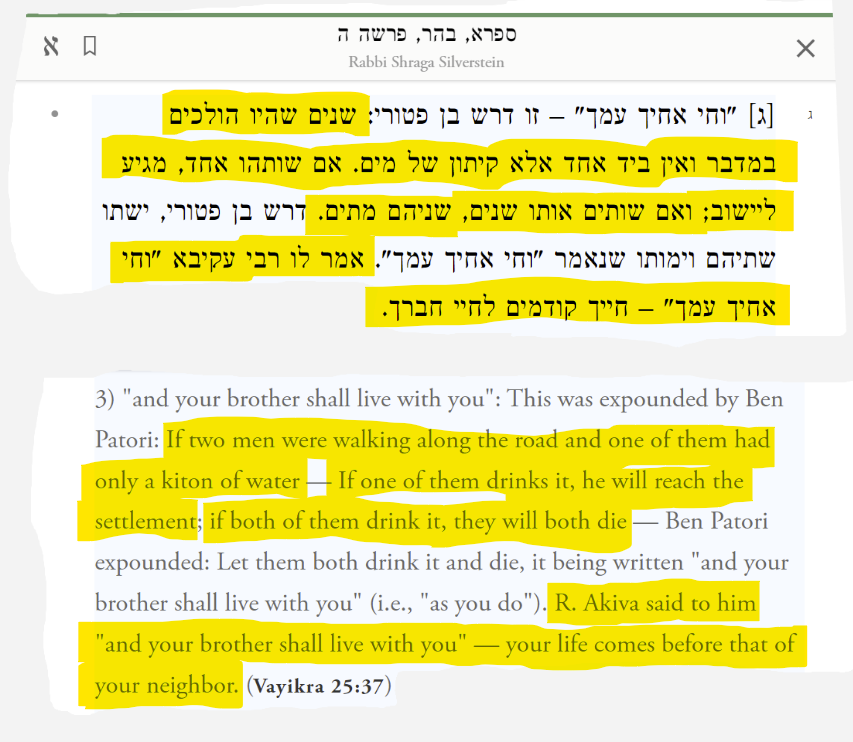
 [2/6] The famed freethinker Abu Bakr al-Razi (d. 925AD) writes: Two people are crossing a desert. They have one water bottle that can sustain only one of them. What do they do? Al-Razi says: the one who most benefits society should drink, while the other dies of dehydration.
[2/6] The famed freethinker Abu Bakr al-Razi (d. 925AD) writes: Two people are crossing a desert. They have one water bottle that can sustain only one of them. What do they do? Al-Razi says: the one who most benefits society should drink, while the other dies of dehydration. 


 2/7 Tabari lists some solutions by Muslim exegetes, e.g.:
2/7 Tabari lists some solutions by Muslim exegetes, e.g.:




 As is common, a saying that is attributed to a Rabbi, in this case Ben Zoma, in the Jewish source is attributed to a Biblical Prophet in the Muslim source.
As is common, a saying that is attributed to a Rabbi, in this case Ben Zoma, in the Jewish source is attributed to a Biblical Prophet in the Muslim source.https://twitter.com/hadithworks/status/1729464036218036564

 [2/10] What are الجراي the vessels from which al-Aswad (Kufan, d. 75/694) refused to drink? The word has no meaning that makes sense here. Unfortunately Ibn Rāhawayh’s Musnad survives in a unique manuscript so the reading cannot be checked against others.
[2/10] What are الجراي the vessels from which al-Aswad (Kufan, d. 75/694) refused to drink? The word has no meaning that makes sense here. Unfortunately Ibn Rāhawayh’s Musnad survives in a unique manuscript so the reading cannot be checked against others.


 [2/9] P. Pavlovitch @muha_akhusiyya convincingly identified Ismāʿīl b. Zakariyyā (Kufa, Baghdad, d. 173/789) as the likely disseminator of this important tradition. He also noted that the mention of ahl-sunna & ahl al-bidaʿ probably do not go back to Ibn Sīrīn (Basra, d. 110/728)
[2/9] P. Pavlovitch @muha_akhusiyya convincingly identified Ismāʿīl b. Zakariyyā (Kufa, Baghdad, d. 173/789) as the likely disseminator of this important tradition. He also noted that the mention of ahl-sunna & ahl al-bidaʿ probably do not go back to Ibn Sīrīn (Basra, d. 110/728) 

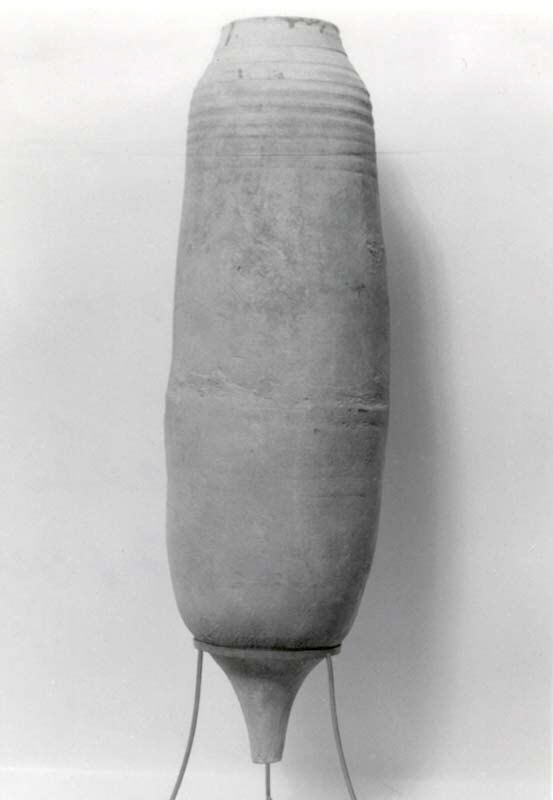
 2/7 some background: “torpedo jars” were made in the Persian Gulf from ca. 200 to 1000 AD. Their numbers declined after the early Abbasid era. They're long (ca. 1 meter), unglazed, covered with tar on their insides, handleless, & have a pointy foot & can't stand on their own
2/7 some background: “torpedo jars” were made in the Persian Gulf from ca. 200 to 1000 AD. Their numbers declined after the early Abbasid era. They're long (ca. 1 meter), unglazed, covered with tar on their insides, handleless, & have a pointy foot & can't stand on their own 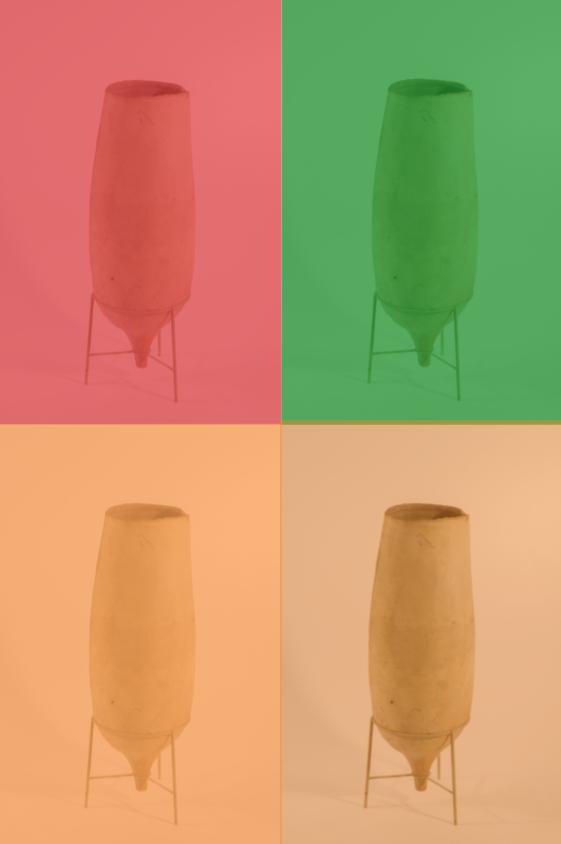

 The odd names mentioned by Muqātil perplexed later transmitters. Al-Qurṭubī (Cordova, d. 671/1272) wrote that one inmate was called شرهم (ShRHM) & the other سرهم (SRHM). Ibn Ḥajar al-ʿAsqalānī (Egypt, d. 852/1449) wrote that one was شَرهم (Sharham) & the other شُرهم (Shurham).
The odd names mentioned by Muqātil perplexed later transmitters. Al-Qurṭubī (Cordova, d. 671/1272) wrote that one inmate was called شرهم (ShRHM) & the other سرهم (SRHM). Ibn Ḥajar al-ʿAsqalānī (Egypt, d. 852/1449) wrote that one was شَرهم (Sharham) & the other شُرهم (Shurham). 
